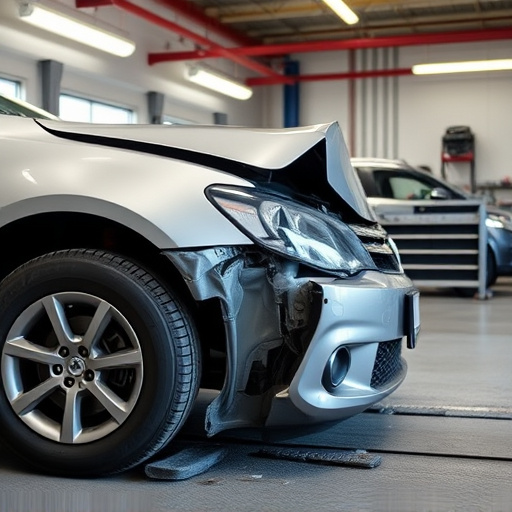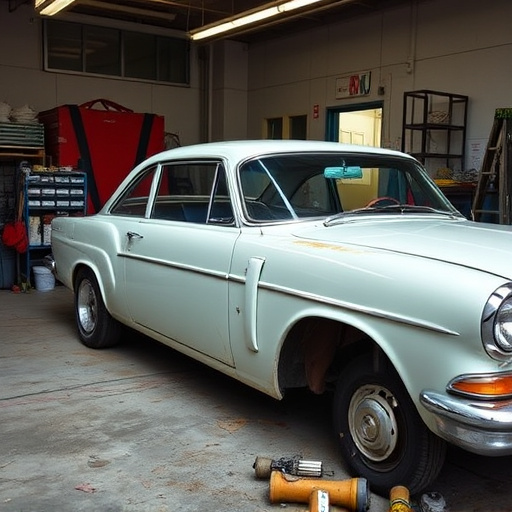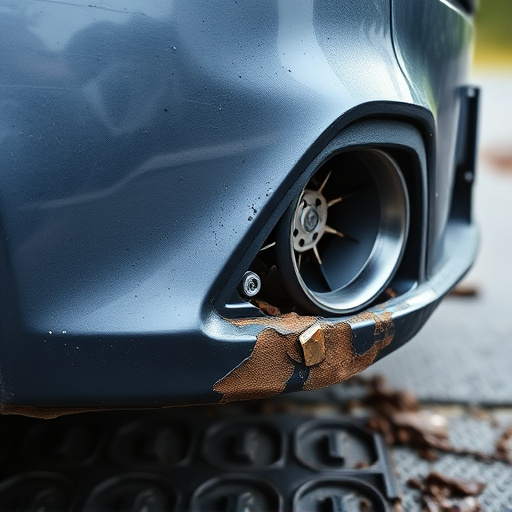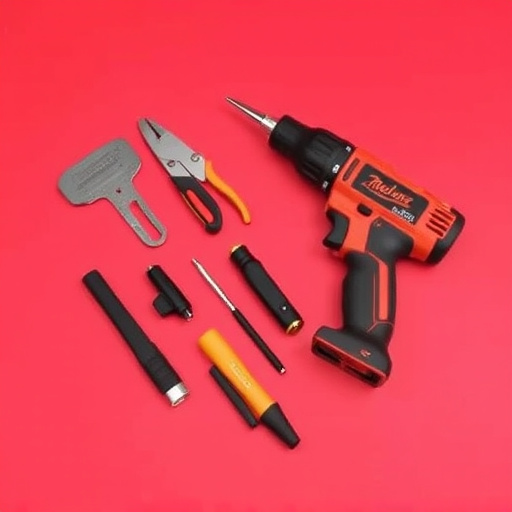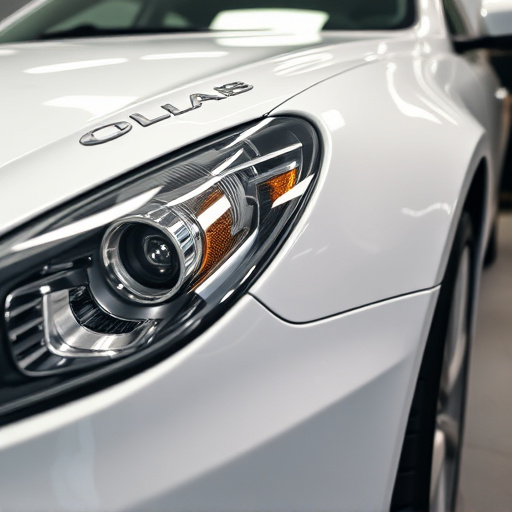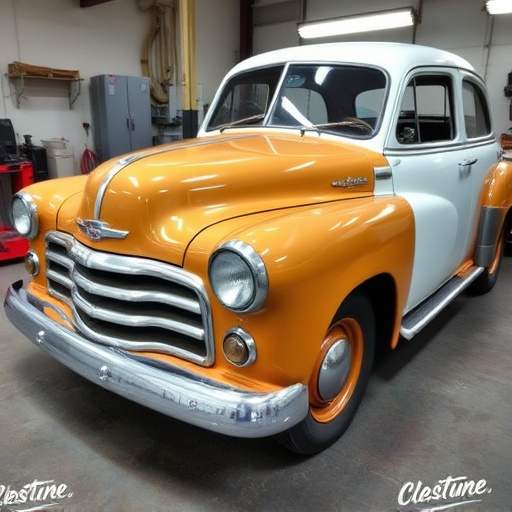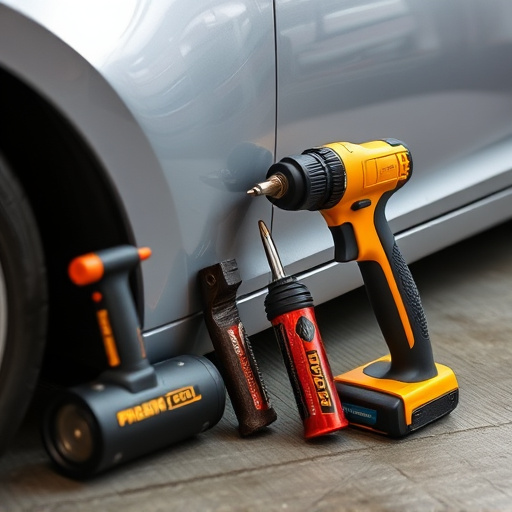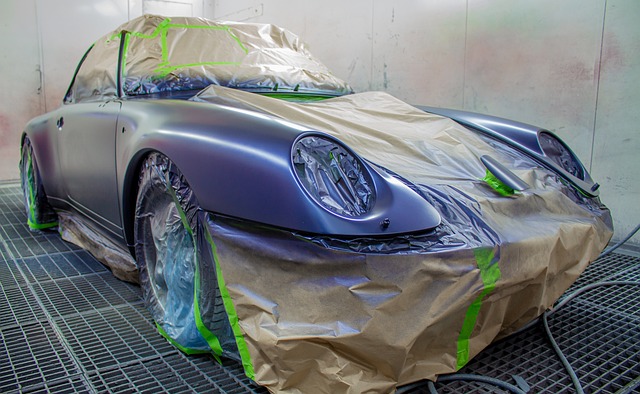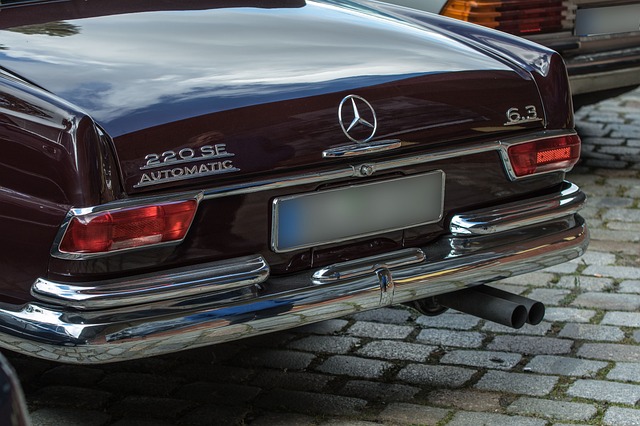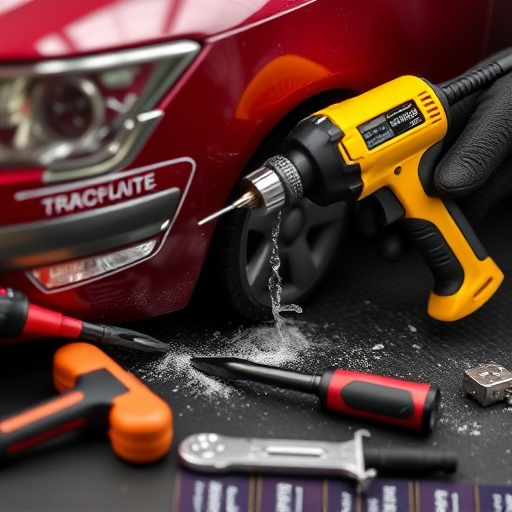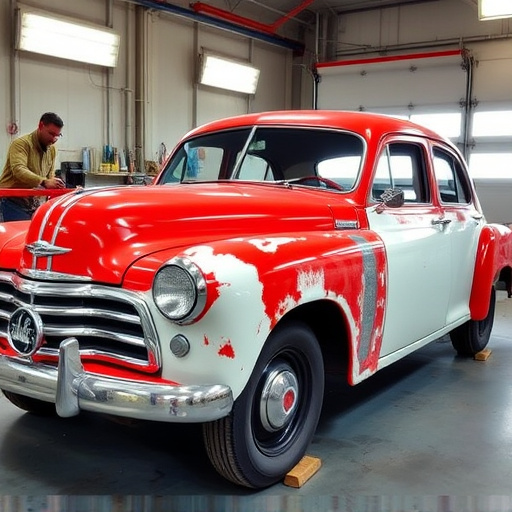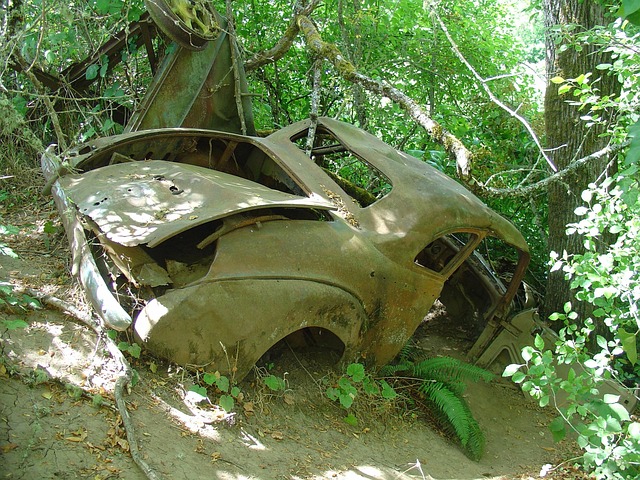Choosing between a dealership and an auto body shop depends on your needs: dealerships offer comprehensive car care including routine service and genuine parts, while auto body shops specialize in structural repairs with cost-effective solutions, personalized service like free estimates, and flexible scheduling. For specific repair needs like restoration or scratch repair, auto body shop consultations provide expert advice, detailed damage assessments, precise cost estimates, and a clear timeline for flawless results, contrasting with dealership consultations that cover broader vehicle maintenance and warranty topics.
When it comes to repairing or servicing your vehicle, choosing between a dealership and an auto body shop consultation can be daunting. This article breaks down the nuances, focusing on auto body shop consultations. We’ll explore how these two settings differ in service offerings, customer interactions, and approach, empowering you with knowledge to make informed decisions for your car’s needs.
From understanding dealership vs. auto body shop services to deciphering customer expectations and consultation styles, this guide is your go-to resource for navigating these choices effectively.
- Understanding Dealership vs. Auto Body Shop Services
- Customer Expectations in Each Setting
- The Key Differences in Consultation Approach
Understanding Dealership vs. Auto Body Shop Services

When it comes to vehicle repairs and maintenance, a key decision involves choosing between a dealership or an independent auto body shop for consultations. These two options offer distinct services that cater to various needs. Dealerships typically provide comprehensive car care packages, including routine servicing, warranty work, and specialized repairs. They often have access to genuine OEM (Original Equipment Manufacturer) parts, ensuring your vehicle remains in top condition according to the manufacturer’s standards.
On the other hand, auto body shops specialise in structural repairs, offering services such as auto glass replacement, fender bender repairs, and meticulous car scratch repair. These shops are ideal for specific tasks like painting, detailing, or custom modifications. They can provide cost-effective solutions without being tied to a specific vehicle model, making them versatile options for all types of cars. Auto body shop consultations often allow for more personalised service, as these businesses may offer additional benefits like free estimates and flexible appointment scheduling.
Customer Expectations in Each Setting

When visiting an automotive body shop for consultations regarding car restoration or scratch repair, customers often have different expectations compared to those seeking services at a dealership. In an auto body shop, clients typically prioritize expert advice and skilled craftsmanship for specific repair needs. They expect detailed assessments of damage, precise estimates for costs, and a clear timeline for the repair process. The focus is usually on achieving a flawless finish that matches the vehicle’s original specifications. Customers appreciate knowing their options for both traditional repairs and newer technologies like scratch removal or minor dent fixes.
In contrast, dealership consultations may involve broader discussions about vehicle maintenance, warranty coverage, and upselling of additional services. While customers still expect professional assessments and accurate information, they might be more concerned with overall vehicle performance, resale value, and the convenience of using a trusted brand’s service center. Dealerships often cater to a wider range of customer needs, from routine servicing to major overhauls, which can influence how detailed and tailored the consultations become.
The Key Differences in Consultation Approach

When comparing a dealership and an auto body shop consultation for car repairs or maintenance, one of the most significant differences lies in their approach to customer interaction and service provision. Dealerships often cater to a broader range of customer needs, focusing on sales, vehicle financing, and after-sales support. Their consultations are typically more transaction-oriented, with staff guiding buyers through various car models and features. On the other hand, auto body shops specialise in specific repair services, such as car body restoration, tire services, and car scratch repair. They offer tailored consultations, concentrating on assessing damage, providing estimates, and explaining repair processes to customers.
Auto body shop consultations tend to be more detailed and specialised since they address individual issues like accidents or cosmetic damages. Technicians discuss the scope of work, share expertise about materials and techniques, and provide transparent pricing. In contrast, dealership consultations might offer a broader overview, suitable for general maintenance or when purchasing a new vehicle. This difference in approach reflects their distinct roles: dealerships aim to facilitate sales and after-sales care, while auto body shops focus on restoring vehicles to like-new condition through expert repairs.
When it comes to auto body shop consultations, understanding the differences between dealership and independent services is key. Dealerships often offer a more comprehensive consultation, leveraging their brand expertise and in-house repair capabilities to provide a seamless experience. In contrast, auto body shops specialize in tailored solutions, offering personalized advice and specific repairs with transparent pricing. Customers seeking expert advice and convenient, integrated services may prefer dealerships, while those valuing specialized attention and cost-effectiveness are likely to favor independent auto body shops.
